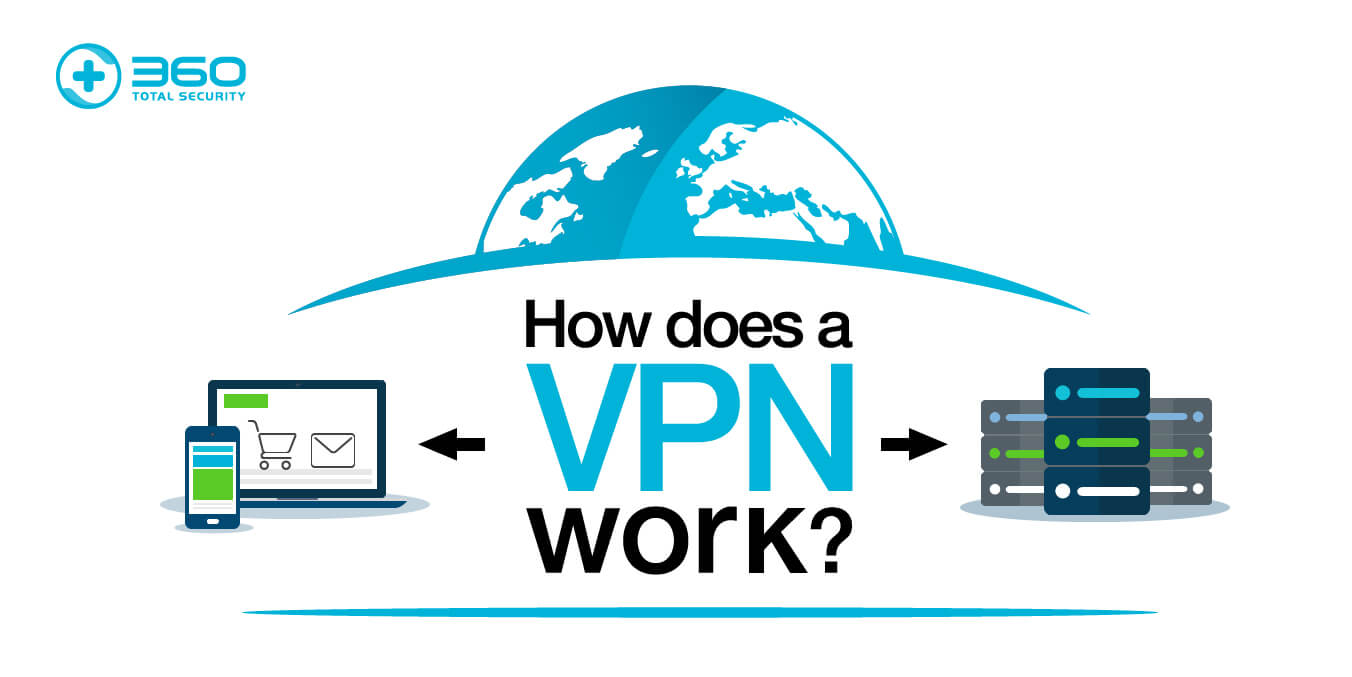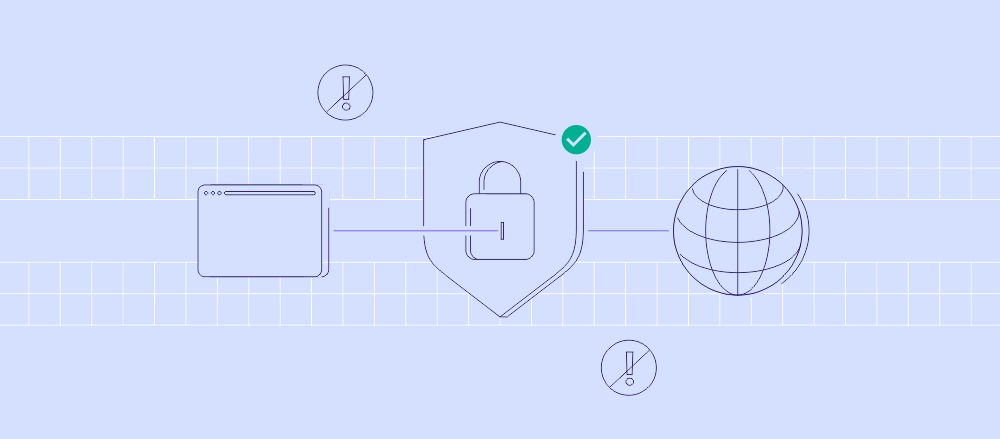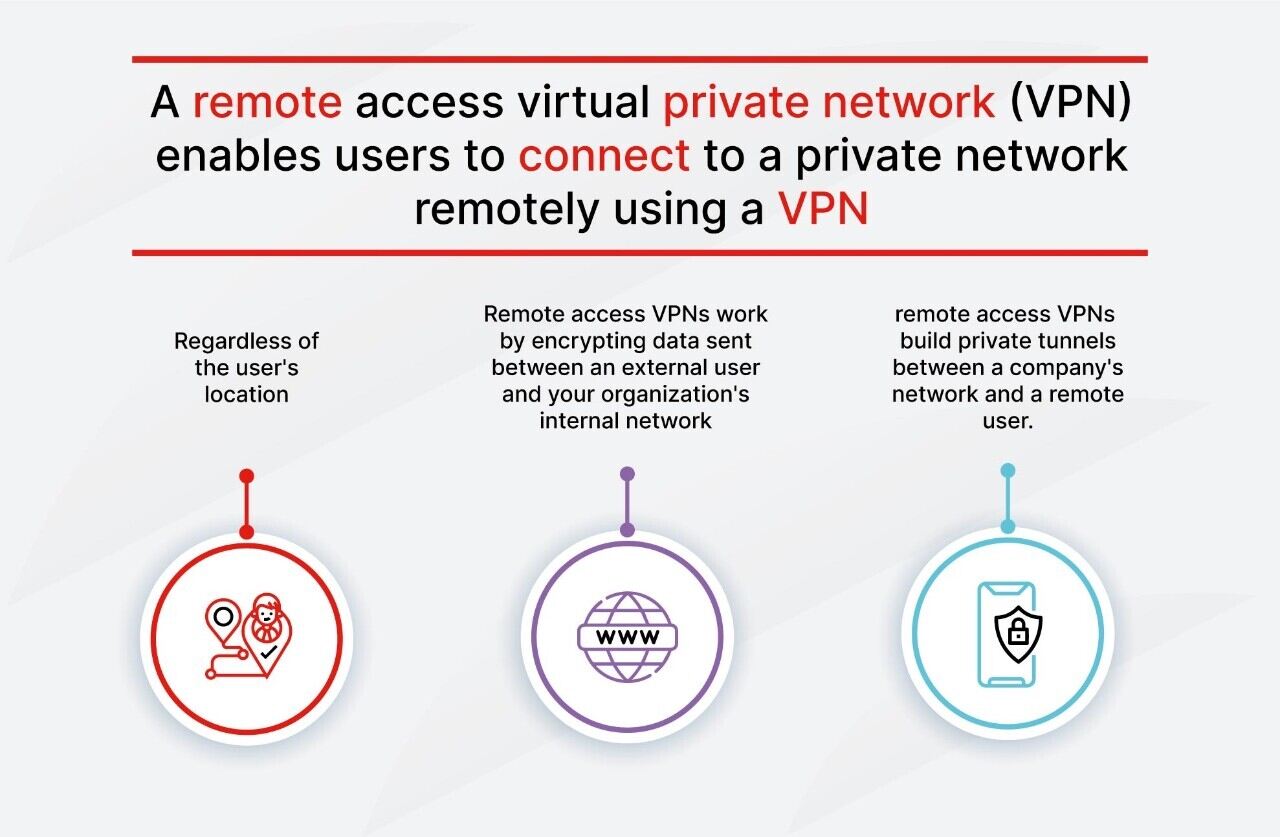Featured
Table of Contents
- – What Is A Vpn: Privacy Encryption, Installation...
- – What Is A Vpn & How Does It Work?
- – Why You Need A Vpn, And How To Choose The Righ...
- – How Does A Vpn Work?
- – What Is A Vpn And Can It Hide My Ip Address?
- – What Is A Vpn? Explaining The Basics In 2023
- – What Is A Vpn And How Does A Vpn Work?
- – How To Effectively Use A Vpn In 4 Steps (Plu...
What Is A Vpn: Privacy Encryption, Installation & More
In a mobile VPN, the server still sits at the edge of the company's network, enabling protected tunneled access by confirmed, authorized customers. Mobile VPN tunnels are not connected to physical IP addresses.
Hardware VPNs use a variety of advantages over software-based VPNs. In addition to offering improved security, hardware VPNs can supply load balancing for big customer loads. Administration is handled through a web internet browser interface. A hardware VPN is more pricey than a software-based one. Because of the expense, hardware VPNs are more viable for larger organizations.

Paid vendor choices tend to be recommended more often than totally free ones. Some VPNvendors, among lots of, include the following: contains a strong collection of security features with a big collection of servers. Nord, VPN has functions such as Tor browser connections for confidential web surfing, while keeping a strong position on client privacy.
What Is A Vpn & How Does It Work?
It does not use too much in regards to extra functions and privacy tools, however. Still, it is typically considered a good VPN service. is a VPN service with a big and varied set of distributed servers. It has strong personal privacy and information practices focused on security and offers additional features such as split tunneling.
VPNs are legal in the United States, however users and organizations should examine if they are legal in particular nations. Numerous VPNs offer extremely similar innovations, so it can be difficult to select which VPN will work best. Paid VPN services tend to be more trusted and include more security features.
Around 2017, web users in the United States discovered that ISPs might collect and sell their browsing history, and net neutrality became a concept residents needed to defend-- and successfully lost. A bill was passed by the U.S. Home of Representatives in 2019 to revive net neutrality, but was ultimately blocked by the Senate.
Why You Need A Vpn, And How To Choose The Right One
With this knowledge, using VPNs ended up being a more legitimate need for people.

A VPN reroutes your traffic through a remote server, encrypting it while doing so. Normally, when you try to access a website, your ISP (Web Service Supplier) receives the demand and reroutes you to your destination. However when you connect to a VPN, it reroutes your web traffic through a remote server prior to sending it over to your destination.
A number of years earlier, the most typical method to connect computers in between several offices was by utilizing a rented line. Rented lines, such as ISDN (integrated services digital network, 128 Kbps), are personal network connections that a telecom business can rent to its customers.
How Does A Vpn Work?
These connections form a single wide-area network (WAN) for business. Rented lines are trusted and secure, the leases are pricey, with expenses increasing as the range between workplaces boosts. Today, the web is more accessible than ever previously, and web service providers (ISPs) continue to establish faster and more reliable services at lower expenses than leased lines.

Paid VPN services function quite like business VPNs however go through a VPN company to reach the internet, rather than through a personal service. These services are incredibly easy to utilize. All you need to do is download the software, install it on your device, and link to the server of your choice.
Initially, let's explore an analogy that describes how a VPN compares to other networking options.
What Is A Vpn And Can It Hide My Ip Address?
All your web traffic is routed through this tunnel to the server, which then sends the traffic off to the public web as typical. Data returning to your device makes the exact same trip: from the internet, to the VPN server, through the encrypted connection, and back to your machine.
There are a couple of choices out there to set up your own, such as Overview. Doing so is relatively straightforward, but you'll either need to preserve a server or lease one, which is less easy. While there are some efforts to make self-hosted VPNs more available, it's something best delegated tinkerers who aspire to get their hands (digitally) filthy.
If you don't like that a company you're currently paying is making money from your information or if you have concerns about ISPs hoarding comprehensive details about your activities, a VPN will assist. Not even your ISP can see your web traffic when you utilize a VPN.VPNs likewise make it harder for marketers and others to track you online.
What Is A Vpn? Explaining The Basics In 2023
When the VPN is active, your true IP address is hidden, and anybody watching you can only see the IP address of the VPN server. By concealing your genuine IP address, VPNs deny snoops one tool used to identify and track you online. Despite that, VPNs do not make you completely anonymous online.

Some VPN services consist of devoted anti-virus tools as well, and some anti-viruses companies now use VPNs. We do not usually test the malware-detecting abilities of VPNs, since we see VPNs mainly as a personal privacy service. To resolve the hazard of malware, our company believe standalone anti-malware softwarewhether it's one you purchase or the one that ships with your computerdoes a much better task.
A VPN will conceal the contents of your web traffic from some observers and can make it harder for you to be tracked online. However a VPN can, at best, offer only restricted defense versus the risks you're most likely to experience online: malware, social engineering rip-offs, and phishing sites.
What Is A Vpn And How Does A Vpn Work?
All your web traffic is routed through this tunnel to the server, which then sends the traffic off to the general public web as typical. Information coming back to your gadget makes the exact same trip: from the internet, to the VPN server, through the encrypted connection, and back to your device.

There are a couple of alternatives out there to set up your own, such as Overview. Doing so is relatively simple, but you'll either need to preserve a server or lease one, which is less simple. While there are some efforts to make self-hosted VPNs more accessible, it's something best delegated tinkerers who aspire to get their hands (digitally) filthy.
If you don't like that a business you're currently paying is benefiting from your data or if you have concerns about ISPs hoarding comprehensive details about your activities, a VPN will assist. Not even your ISP can see your web traffic when you utilize a VPN.VPNs also make it harder for marketers and others to track you online.
How To Effectively Use A Vpn In 4 Steps (Plus Benefits)
When the VPN is active, your real IP address is concealed, and anybody viewing you can just see the IP address of the VPN server. By concealing your genuine IP address, VPNs reject snoops one tool utilized to identify and track you online. Regardless of that, VPNs do not make you totally anonymous online.
Some VPN services include committed antivirus tools as well, and some anti-viruses companies now provide VPNs. We do not generally check the malware-detecting capabilities of VPNs, given that we view VPNs mainly as a privacy service. To resolve the risk of malware, our company believe standalone anti-malware softwarewhether it's one you purchase or the one that ships with your computerdoes a better job.
A VPN will conceal the contents of your web traffic from some observers and can make it harder for you to be tracked online. A VPN can, at best, supply just limited defense versus the dangers you're most likely to encounter on the web: malware, social engineering frauds, and phishing websites.
Table of Contents
- – What Is A Vpn: Privacy Encryption, Installation...
- – What Is A Vpn & How Does It Work?
- – Why You Need A Vpn, And How To Choose The Righ...
- – How Does A Vpn Work?
- – What Is A Vpn And Can It Hide My Ip Address?
- – What Is A Vpn? Explaining The Basics In 2023
- – What Is A Vpn And How Does A Vpn Work?
- – How To Effectively Use A Vpn In 4 Steps (Plu...
Latest Posts
The Best Vpns For Small And Home-based Businesses
The Best Vpns To Protect Yourself Online
The Best Vpn App For Mobile Devices In 2023
More
Latest Posts
The Best Vpns For Small And Home-based Businesses
The Best Vpns To Protect Yourself Online
The Best Vpn App For Mobile Devices In 2023